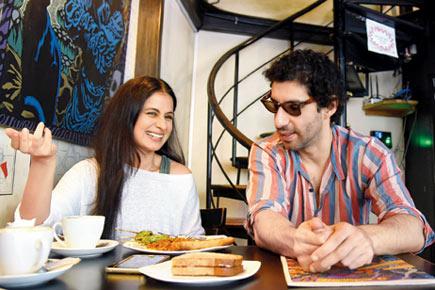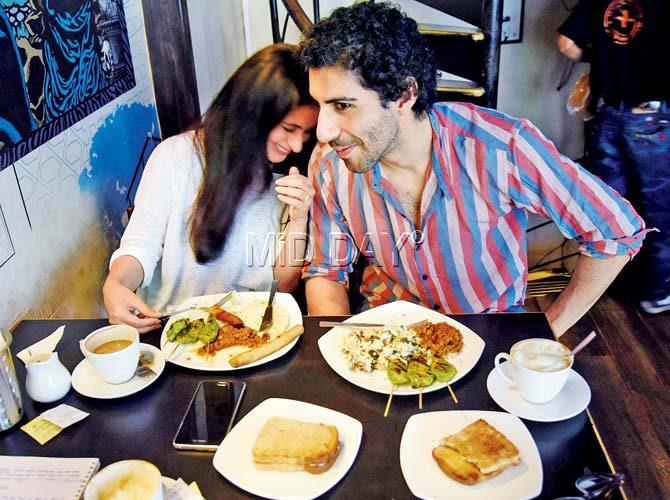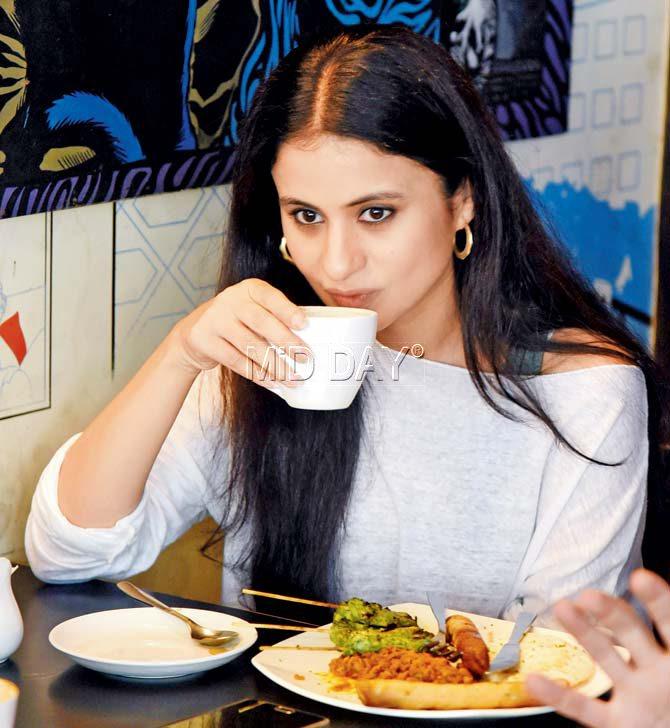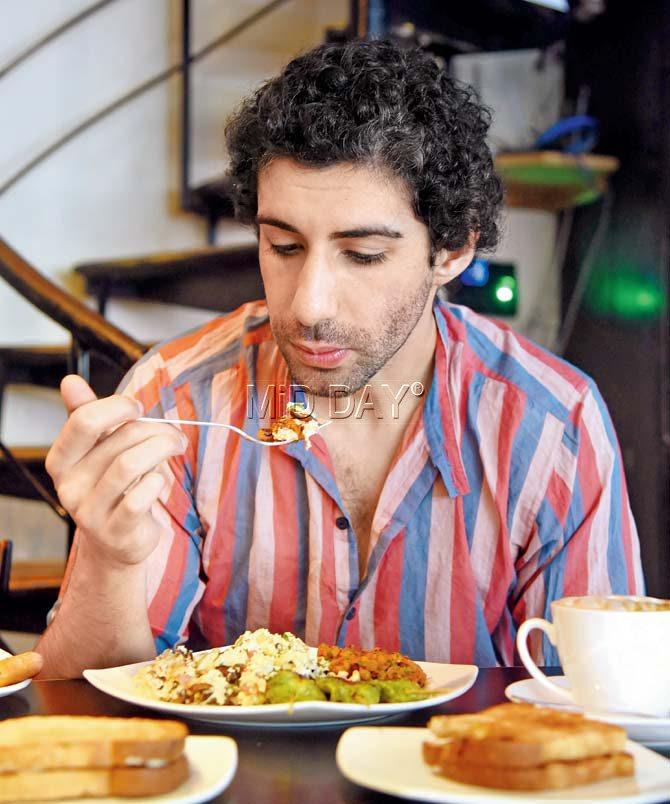Over an actor's lunch, Jim Sarbh and Rasika Dugal open up about finding their feet in the big, bad world of cinema, landing meaty roles in a commercial set-up, and staying true to their passion


Hasan: How difficult is it for someone without a film lineage to make it in Bollywood?
Dugal: He's made it to Bollywood; I am still lingering on the fringes.
Sarbh: What nonsense! You are now Ms Bollywood; people invite you to events; you are acting with Nawazuddin Siddiqui…
Dugal: (Laughs) I think it's difficult because filmmaking is a collaborative exercise and people tend to work with people they are comfortable with. It happens in the indie as well as the commercial film set-up, something I am still battling.
Sarbh: For me, it was pure, beautiful luck that I debuted in a Ram Madhvani film, so I have no idea. They liked my audition and fortunately, the film did well. Now, I am enjoying working on Padmavati, which, Iâu00c2u0080u00c2u0088think, will release later this year. But I don't know these details as I am on a need-to-know basis, because, you see, I am not that important (laughs). So much of breaking into any new world is like a birthing process. You are safe in your nice world of theatre, and then you are out, navigating a ruthless commercial machine. But you find moments within that, full of connection.
Dugal: Those are the moments that make it worth it. That's what I find exciting about being on a film set, where everything around you is trying to not make you do your work. But you do it anyway.

Hasan: For someone of unconventional looks…
Sarbh: Does that mean ugly?
Dugal: No, she means very good looking, otherwise she wouldn't have brought it up. I don't know what it means, but I think it's fun to have something unconventional in Bombay because when people want somebody of that kind, they'll call you. I don't mind being typecast in that way. What do you think?
Sarbh: It is cool to know that if they were looking for someone slightly off kilter, they'd think Jim. But I like varied roles, which I got to do in theatre. The more we widen our idea of what a lead could be, the richer society becomes.
Dugal: I think it is happening with more layered or just nicer scripts and I am encouraged by that.

(Chicken Full House with an egg-white omelette for Dugal and scrambled eggs for Sarbh arrives.)
Hasan: Your dishes are quite similar.
Dugal: That's an actor thing, no? Egg white and all that.
Sarbh: If my meal has enough protein and vegetables, I am happy. When I am training to look a certain way, my food window is reduced to six hours. If I eat at 1 pm, my dinner would be at 7.
Dugal: I have disciplined and undisciplined times. But I like to be mindful about what I eat. At the same time, I always fantasise about food.

Hasan: What space does the entertainment industry offer to indie cinema and online content?
Dugal: The web has definitely changed things. It has given an opportunity to actors like me and first-time producers like Tisca [Chopra]. I had never imagined that [the short film] Chutney would get 100-million views. But I don't know how long it is until it becomes a space that requires a lot of money for publicity.
Sarbh: I hope it thrives. But the very nature of indie means it never quite gets the same kind of space. Every now and then, a work comes out that is called the game changer, but then 10 others follow the same formula and fail. Commercial ventures are always ruthless. It's that simple.

Dugal: I want to use that line...
Sarbh: What's weird is when you see yourself become ruthless on a set.
Dugal: What's weirder is when unconventional ventures become ruthless. That's heart-breaking.
Sarbh: That is the worst. And then, at times, in commercial cinema, you end up working in a sweet, family-like environment.
Dugal: That's why, the role and the money is important, but a big factor is what I feel about my colleagues. There needs to be trust and respect for the people I am working with.
 Subscribe today by clicking the link and stay updated with the latest news!" Click here!
Subscribe today by clicking the link and stay updated with the latest news!" Click here!







_d.png)



